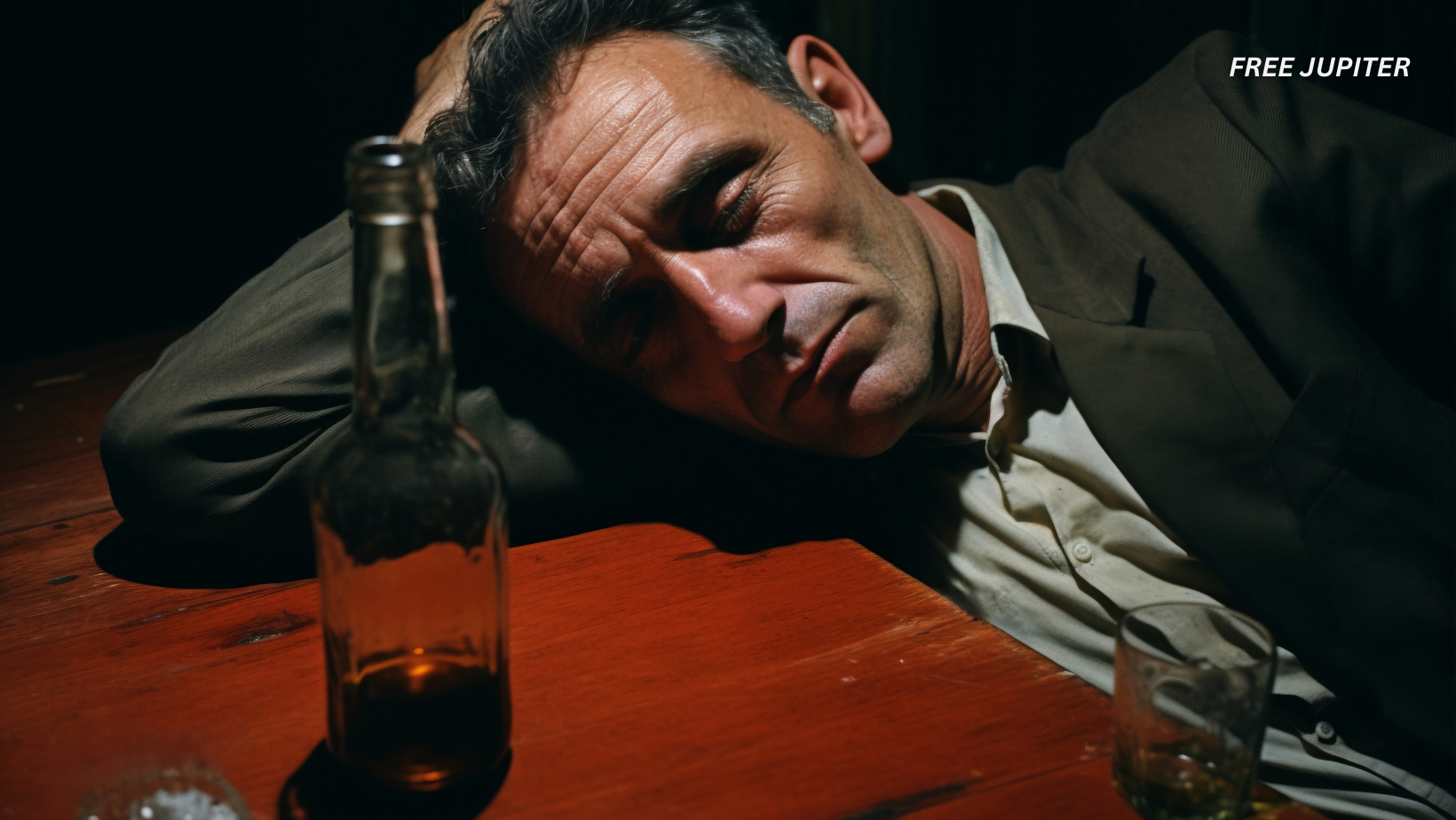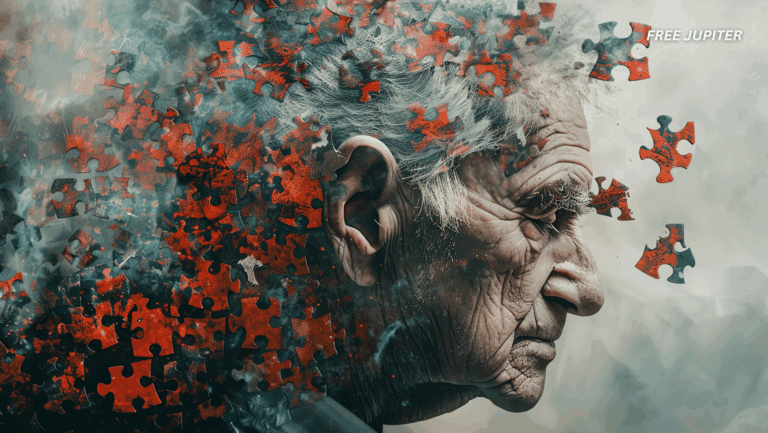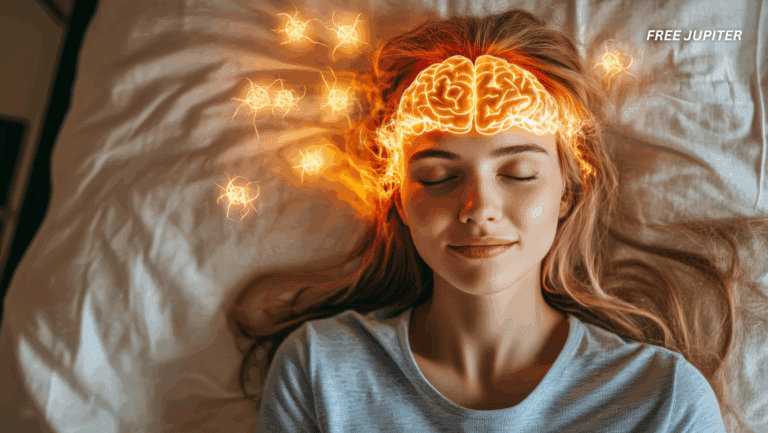Most people expect the usual benefits when they quit drinking alcohol. Better sleep, clearer skin, fewer hangovers, and saving money are common expectations. But the reality goes deeper. The effects of quitting alcohol ripple through every part of your life, from your gut to your emotions to your relationships. Some of these changes are uncomfortable. Some are surprising. And some are life-changing in ways you never saw coming. This article reveals the often-overlooked impacts of quitting alcohol and how they unfold in your body and mind over time.
Your Gut Reacts First, and It Might Get Weird
Alcohol affects every part of your digestive system. When you quit, the first changes often begin in your stomach and intestines. Many people feel bloated or constipated, especially during the first week. This is because alcohol damages the gut lining and disrupts your microbiome. Once your body adjusts, digestion improves. You’ll absorb nutrients more efficiently, and your bathroom schedule becomes more regular. Long-term, this leads to reduced bloating, better metabolism, and even a stronger immune system since gut health is tied to overall immunity.
Read More: 9 Subtle Warning Signs Someone Might Be a High-Functioning Alcoholic
Dreams Become More Intense and Emotionally Charged
Alcohol suppresses REM sleep, which is where most dreaming happens. Once you stop drinking, your brain overcompensates and floods your sleep with vivid dreams. These can feel real, emotional, and even unsettling. It’s common to dream about drinking, especially in the early stages of sobriety. These dreams usually reflect the brain’s process of adjusting to new sleep patterns. Over time, your dreams normalize, and your overall sleep quality improves. This deep, restful sleep supports emotional balance, memory, and cognitive repair.
Your Skin Might Break Out Before It Clears Up
One of the hidden effects of quitting alcohol is the skin detox process. Alcohol dehydrates the skin and impairs circulation. Once you stop, your body starts purging toxins and rehydrating. For some, this leads to dry patches, breakouts, or redness in the first two weeks. Eventually, skin tone evens out. Collagen production improves, and inflammation goes down. After about a month, you may notice your skin looks firmer, clearer, and more radiant. Many people also report that their eyes appear brighter and less puffy.
You May Gain Weight Before You Lose It
Many people assume quitting alcohol automatically means losing weight. In reality, the scale may go up before it goes down. Why? Alcohol messes with appetite hormones, and once those systems normalize, you may feel hungrier. Plus, cravings for sugar and carbs often increase in early sobriety. This is because the brain is searching for dopamine, which alcohol once provided. If you stick with it, your metabolism resets and cravings ease. Most people lose weight in the long run, especially once they adopt healthier habits and get better sleep.
Your Hormones Shift, Sometimes Drastically
Alcohol disrupts hormone production, including cortisol, insulin, estrogen, and testosterone. When you quit, your body starts recalibrating. This can cause mood swings, irritability, and even symptoms like fatigue or restlessness. Women may notice changes in their menstrual cycle or increased emotional sensitivity. Men might experience a dip in libido before testosterone levels stabilize. These shifts usually smooth out within a few weeks. Once balanced, you may feel more emotionally steady, experience fewer energy crashes, and notice better overall physical recovery.
Read More: Things That No One Ever Tells You About Being A Functional Alcoholic
Social Life May Feel Strained at First
One of the most unexpected effects of quitting alcohol is how it changes your social life. Drinking is deeply embedded in many cultures, from dinners out to weddings to weekend hangouts. When you stop, you may feel isolated or awkward in those settings. Friends who drink might not understand your choice, or they might pull away. This period can be emotionally difficult. Over time, however, many people build new relationships based on deeper connections. You may discover hobbies or communities that have nothing to do with drinking. Social life becomes more intentional and less dependent on alcohol.
Your Confidence Takes a Hit, Then Comes Back Stronger
Alcohol gives a temporary boost to confidence, especially in social settings. When that crutch disappears, some people feel shy or unsure of themselves. You may question how to interact without the “liquid courage.” This dip in confidence is normal and temporary. It forces you to develop real social skills and emotional awareness. Over time, you rebuild confidence that’s rooted in self-awareness and clarity. You become more comfortable in your skin, more genuine in conversations, and better at setting boundaries.
Alcohol Numbs Taste Buds
Alcohol numbs the senses, including taste. After quitting, many people are surprised by how much better food tastes. Spices seem stronger, fruits taste sweeter, and your overall interest in eating changes. This renewed sense of taste can lead to a more diverse and satisfying diet. You may crave healthier meals and feel more satisfied after eating. This helps with digestion, energy, and long-term nutritional balance. It also helps you recognize hunger and fullness cues more accurately, supporting better eating habits.

You May Cry More Often and Feel More
One of the biggest surprises for many people is how emotional they become after quitting alcohol. Tears come more easily. Sadness feels deeper. Even small moments can trigger a strong reaction. This emotional flood is normal. Alcohol suppresses emotions, and once it’s gone, feelings return in full force. While it can feel overwhelming, this process helps you reconnect with your inner world. You begin to process past experiences, release tension, and develop emotional resilience. Over time, emotional sensitivity levels out and becomes a source of strength.
Your Immune System Gets Stronger
Alcohol weakens your immune response. It lowers the production of white blood cells and reduces the body’s ability to fight off infections. Quitting alcohol reverses this damage. Within a few weeks, your immune function begins improving. You may notice fewer colds, quicker recovery from illness, and reduced inflammation. This strengthens your body’s ability to heal and boosts overall vitality. In the long run, this can mean lower risk for chronic diseases and a better response to stress and environmental toxins.
Your Liver Begins Repairing Itself
The liver plays a central role in detoxification. Alcohol overworks the liver and can lead to fatty liver disease or inflammation. When you stop drinking, the liver starts healing. In mild cases, fat accumulation in the liver can reverse in a matter of weeks. Liver enzyme levels improve, and the organ becomes more efficient at processing waste. This internal recovery is quiet but powerful. You may not feel it immediately, but it supports clearer skin, balanced hormones, and more steady energy.
Sexual Function May Change, Then Improve
Alcohol often lowers inhibitions but can impair sexual function. When you quit, libido may dip temporarily due to hormonal changes or emotional shifts. This is usually short-term. As circulation improves and hormone levels stabilize, many people experience better performance, stronger desire, and deeper intimacy. Alcohol dulls sensation and makes connection feel artificial. Without it, intimacy becomes more mindful, present, and satisfying. This change may not happen overnight, but it tends to last longer and feel more rewarding.
Cravings Might Shift Toward Other Habits
When you remove alcohol, the brain still craves pleasure. That need for dopamine doesn’t vanish. Some people find themselves eating more sugar, drinking more coffee, or overusing social media. Others throw themselves into work, shopping, or even exercise to fill the gap. This redirection of craving is common. The key is to recognize it and develop healthier outlets. Journaling, meditation, creative hobbies, or supportive communities can help manage urges without replacing one addiction with another.
You’ll Face Emotions and Truths You Once Avoided
Alcohol often serves as a way to avoid difficult thoughts or emotions. When that numbing agent disappears, the truth comes out. You may realize you’re unhappy in your job, stuck in a toxic relationship, or carrying unresolved trauma. While painful, this awareness is powerful. It gives you a chance to make real changes. Facing those truths can lead to therapy, career shifts, or relationship improvements. Sobriety brings clarity, and that clarity is the first step toward transformation.
Productivity Can Hit New Highs
With alcohol out of your system, mental fog lifts. You start sleeping better, thinking more clearly, and feeling more motivated. Tasks become easier to manage. You get things done faster. This boost in brain function is not just about biology. Alcohol depletes neurotransmitters tied to attention and learning. Without it, those systems recover. You become more efficient, creative, and reliable. This can improve everything from your career to your household routine.
Time Feels Slower, in a Good Way
Alcohol compresses time. Nights blur, and weekends vanish. When you quit, your perception of time changes. You become more present. Mornings feel longer. Weekdays are more productive. This gives you space to think, reflect, and engage with life. Instead of rushing from one drink to the next, you start noticing moments. Time no longer slips away. You use it on purpose. This shift allows you to build a lifestyle that aligns with your goals, not your cravings.
Read More: The 5 Best Fruits For Liver Detoxification
The effects of quitting alcohol go far beyond what people expect. You may gain weight, cry unexpectedly, or struggle with social discomfort. But these challenges lead to bigger rewards. Clearer skin. Deeper sleep. Sharper thinking. Stronger relationships. Greater self-awareness. You may not hear about these changes at first, but they matter. They are real. They reshape who you are. Whether your goal is sobriety or simply reducing your intake, quitting alcohol unlocks a version of yourself that is healthier, more balanced, and more in control of life.










